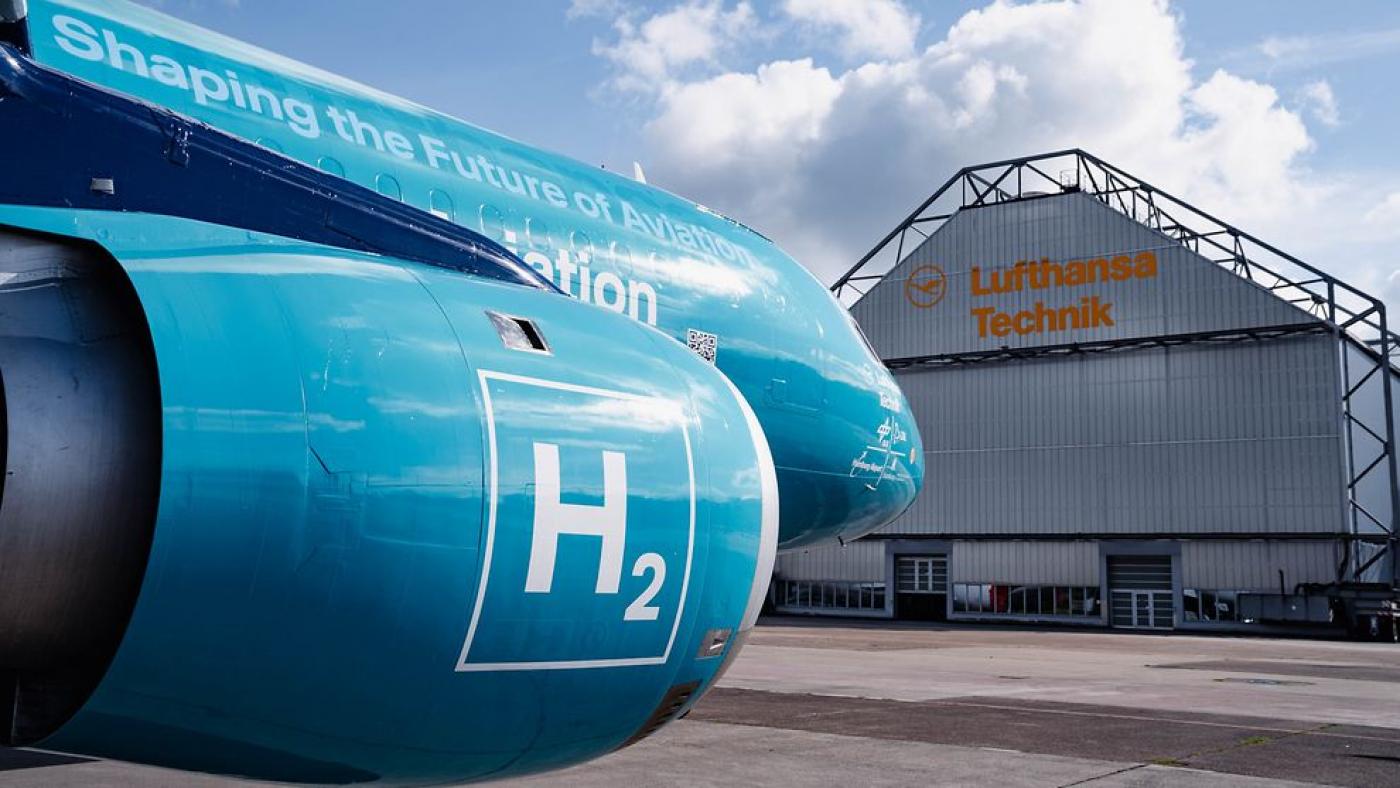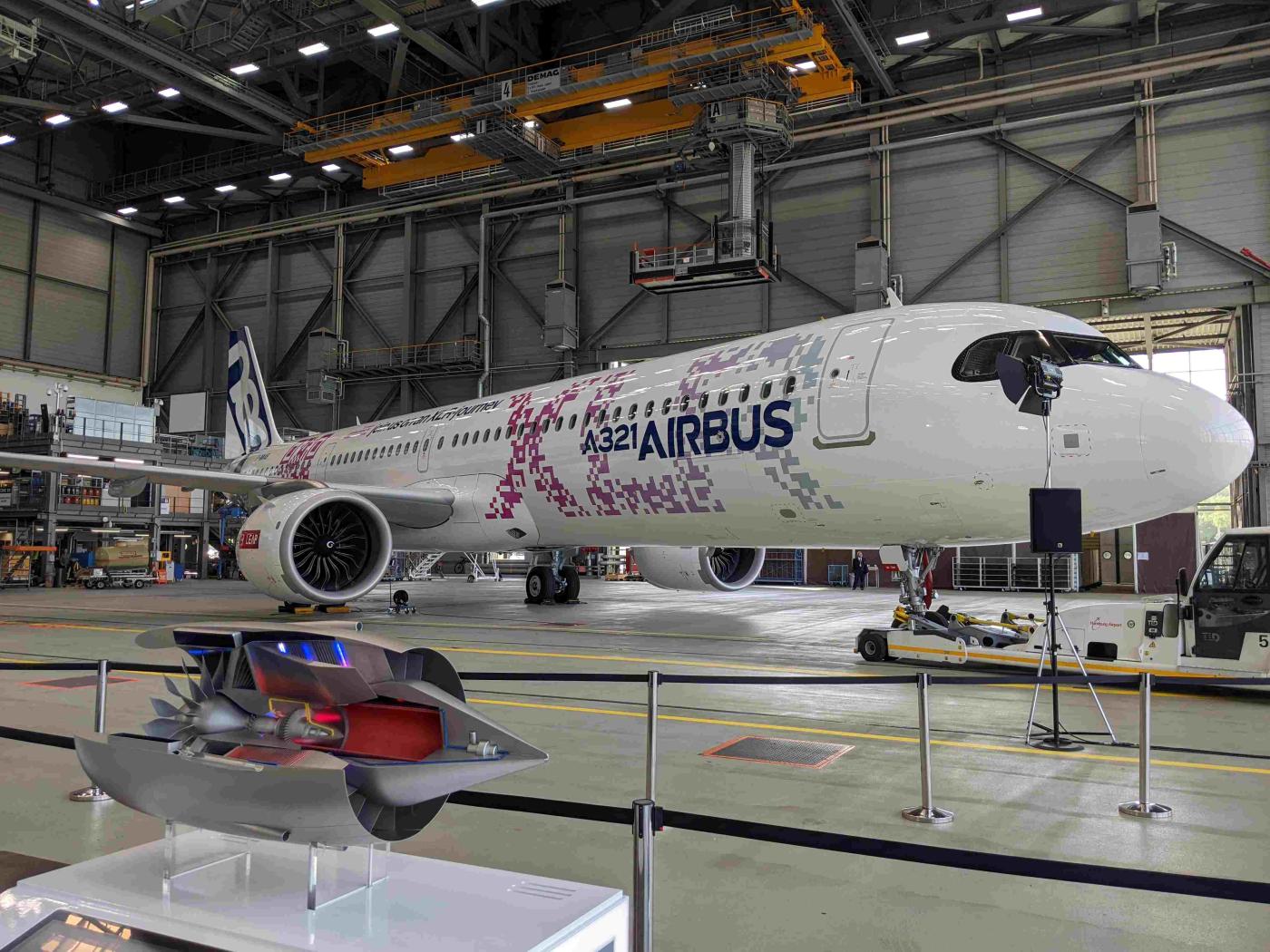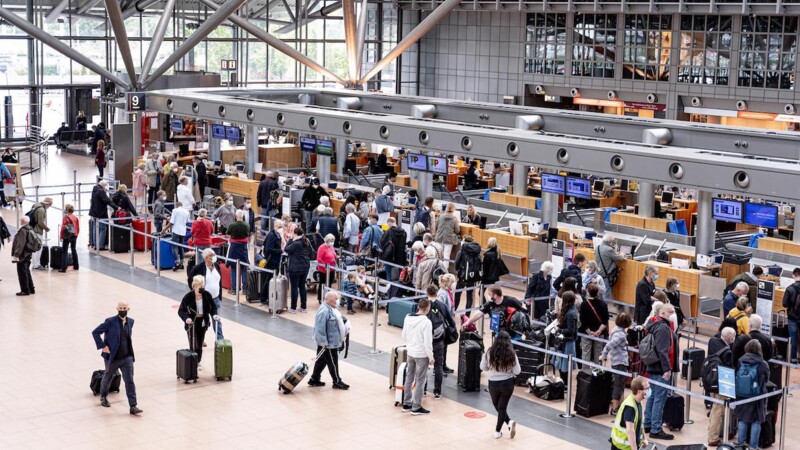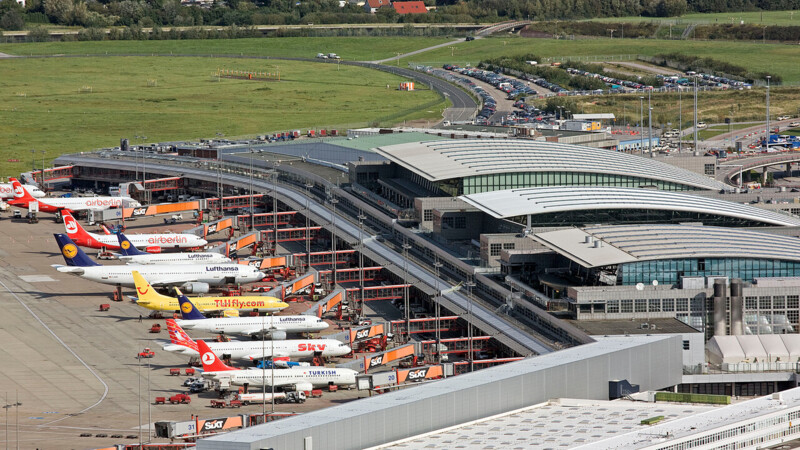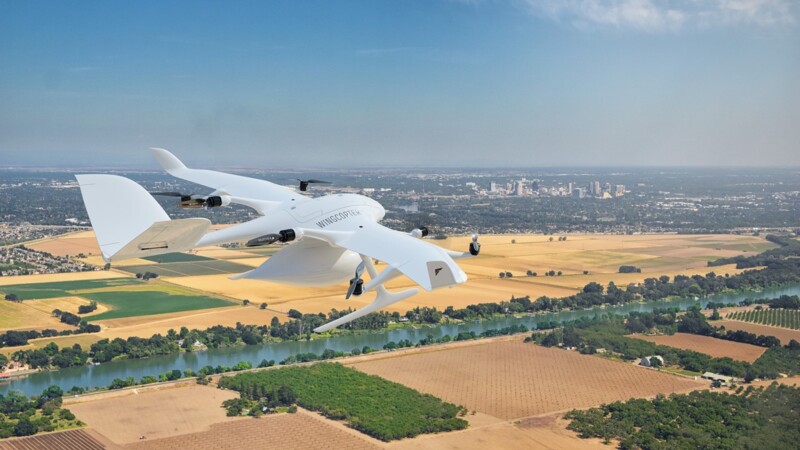"Hamburg is pulling out all the stops to decarbonise aviation. Green hydrogen holds great potential. Preparations are in full swing to ready aircraft and airports for the new fuel," says Angus Baigent, Marketing & PR Manager at Hamburg Aviation. Airbus has also announced plans to launch a hydroged-fuelled aircraft by 2035. And in late November, Hamburg Airport and the German Aerospace Center (DLR) presented a roadmap for setting up hydrogen infrastructure at medium-sized airports. "The partners have come to the conclusion that hydrogen could save 60 million tons of CO2 from Hamburg by 2050," said Baigent.
